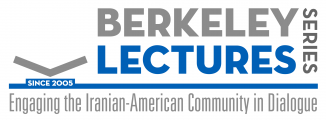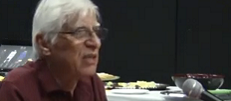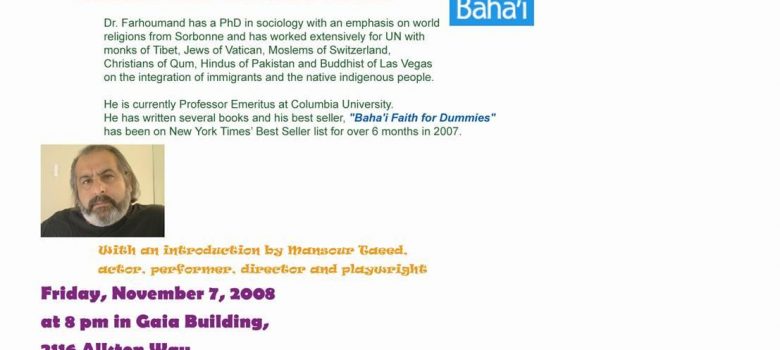History of Music in Iran and its Current Structure, Mohammad Khodadadi, August 14, 2022

Mohammad Khodadadi, born in 1979 in Bushehr, Iran, is a Ney player and a composer who is currently residing in Vienna/Austria. He has studied composition of western classical music at the university of Anton Bruckner in Linz/Austria. Mohammad started playing Ney from the age of 15 through strong self-discipline and coaching of Masters of Ney such as Mr. Hassan Kassai, and Mr. A. Afsharnia. He has also studied the Persian radif and techniques of singing with Master Hatam Askari & Seddigh Tarif. He learned to play the piano with Rosita Shaker and Tamara Dolidze in Iran and continued with Andreas Taller in Austria. Mohammad learned composition with Master Alireza Mashayekhi, Professor Soyka and Erland Freudenhaler. Mohammad currently performs as a soloist and composer in various concerts in Europe and Iran.







